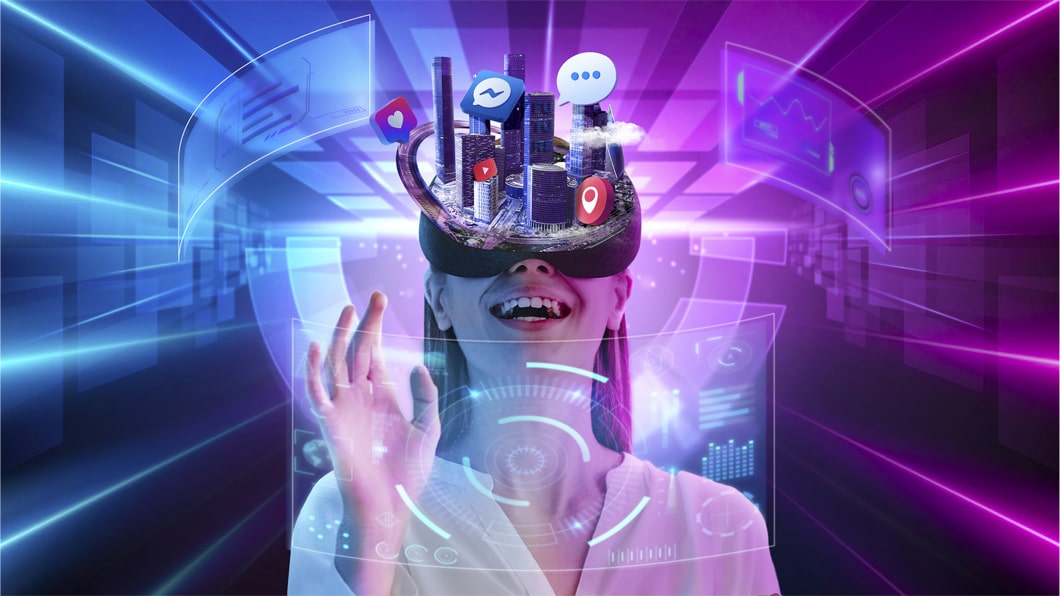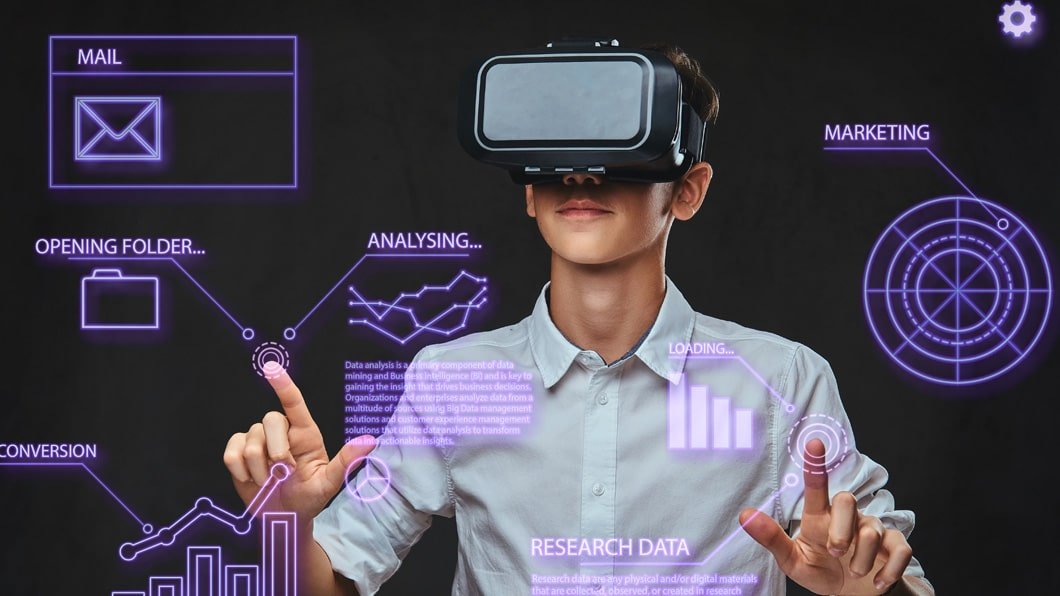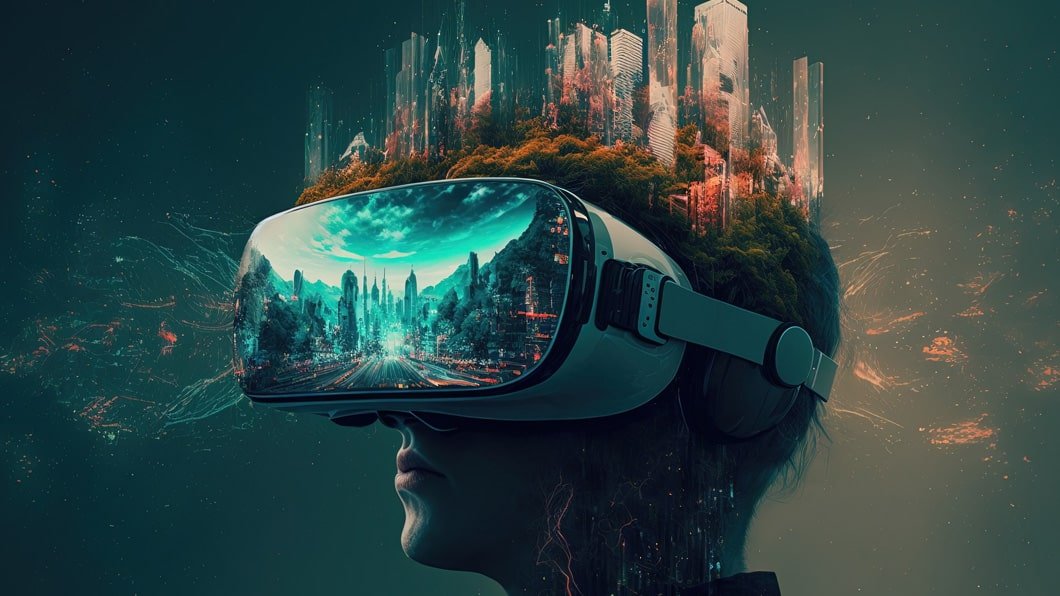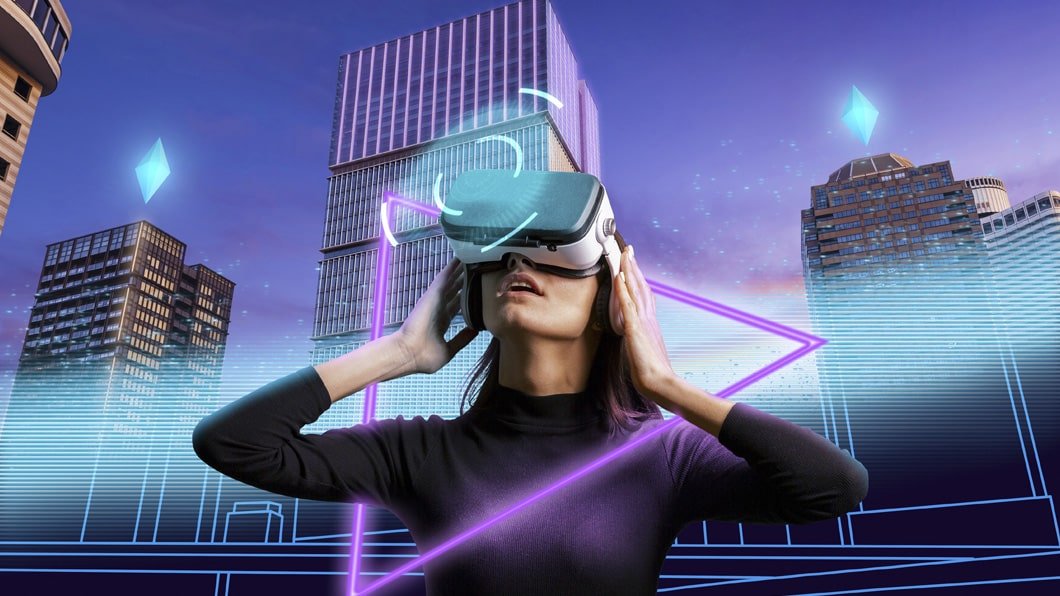
Beyond Reality: The Dawn of Extended Reality and Its Impact on Careers
Introduction
Extended reality (XR) is a term encompassing a spectrum of technologies that transcend the boundaries of the physical world, offering immersive experiences that blur the lines between reality and the virtual. XR includes Virtual Reality (VR), Augmented Reality (AR), Mixed Reality (MR), and a myriad of emerging technologies that simulate or enhance our perception of the world. As XR continues to gain traction, it is redefining not only our entertainment experiences but also transforming industries such as healthcare, retail, and modeling. The demand for XR professionals is on the rise, opening up exciting career opportunities in this cutting-edge field. In this blog, we’ll explore the various facets of extended reality and the best jobs that it has to offer.
The XR Landscape

Extended reality technologies have revolutionized how we interact with digital content and the world around us. Here’s a glimpse of the key XR technologies:
- Virtual Reality (VR): VR immerses users in a completely virtual environment, often using headsets or goggles. It has gained popularity in gaming and simulations, offering users a fully immersive and interactive experience.
- Augmented Reality (AR): AR overlays digital information onto the real world. AR is commonly found in smartphone apps like Pokémon Go and is utilized in areas such as education, retail, and navigation.
- Mixed Reality (MR): MR combines elements of both virtual and real worlds, enabling users to interact with digital objects in their physical environment. Microsoft’s HoloLens is a prominent example.
- Emerging XR Technologies: Ongoing research and development are leading to the creation of more advanced XR technologies, including spatial computing and extended reality glasses.
XR: Transforming Industries

Extended reality has demonstrated its potential to transform various industries, enhancing user experiences and improving efficiency. Here are a few examples:
- Gaming: XR technologies are revolutionizing the gaming industry by providing immersive, interactive experiences for gamers. VR and AR gaming are becoming increasingly popular.
- Healthcare: XR has found applications in healthcare, from medical training simulations to patient rehabilitation. It’s helping medical professionals improve diagnostics and treatments.
- Retail: AR is being used in retail to enhance the shopping experience. Customers can use AR apps to visualize how products would look in their homes or try on virtual clothes before making a purchase.
- Modeling and Design: XR technologies are changing the way architects, designers, and engineers work by providing immersive visualization tools for planning and design processes.
Careers in Extended Reality

The growing adoption of XR technologies has created a demand for professionals who can develop, manage, and create experiences in this field. Here are some of the top careers in XR:
- Extended Reality Architect: XR architects design the overall structure and framework of XR applications and experiences. They play a pivotal role in shaping the user experience in VR, AR, or MR environments.
- Front Lead Engineer: Front Lead Engineers specialize in building the front-end components of XR applications. They work on creating user interfaces, 3D models, and optimizing user experiences.
- Software Developer: Software developers in XR focus on coding the back-end systems that power XR applications. They work on creating the algorithms, logic, and interactivity in VR, AR, and MR experiences.
- AR/VR Support Engineers: These professionals provide technical support for XR applications. They troubleshoot issues, provide guidance to users, and ensure smooth operation of XR systems.
- Game Designers: Game designers focus on creating immersive and interactive experiences in XR gaming. They are responsible for developing storylines, gameplay mechanics, and the overall user experience.
- Pro Gamers: Professional gamers leverage XR technologies in competitive gaming. They participate in esports and gaming competitions, earning income through sponsorships and endorsements.
- Creative Directors: Creative directors in XR oversee the artistic and creative aspects of XR projects. They guide the visual and storytelling elements to deliver compelling and engaging experiences.
The Future of XR Careers

As extended reality continues to advance, the demand for professionals with expertise in XR technologies is expected to grow. Emerging technologies like 5G connectivity, wearable XR devices, and AI integration will further expand the possibilities for XR applications. Moreover, XR is likely to extend its influence to industries beyond gaming and entertainment, creating new career opportunities in fields such as education, healthcare, and remote work.
Key Takeaways:
- Extended reality is reshaping industries: XR is not just about gaming; it has transformative applications in healthcare, retail, design, and more.
- Diverse career opportunities: The XR field offers diverse career options, from technical roles like software development to creative positions like game design and creative direction.
- Constant evolution: As XR technologies evolve, professionals in this field must stay updated and adapt to new trends and emerging technologies.
Extended reality is redefining our relationship with the digital world, offering immersive and interactive experiences that transcend the boundaries of traditional reality. As this field continues to expand and impact various industries, the demand for skilled XR professionals is set to increase. Whether you’re interested in technology, gaming, design, or storytelling, the world of extended reality holds a myriad of career opportunities for those ready to embrace the future of digital experiences.









